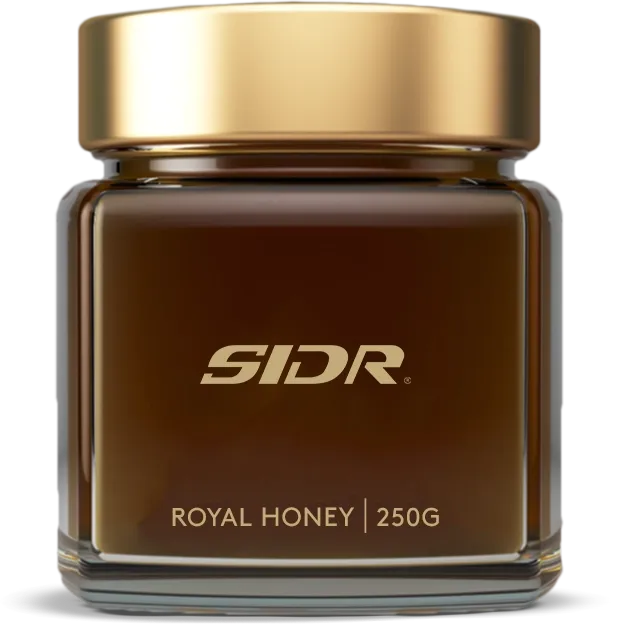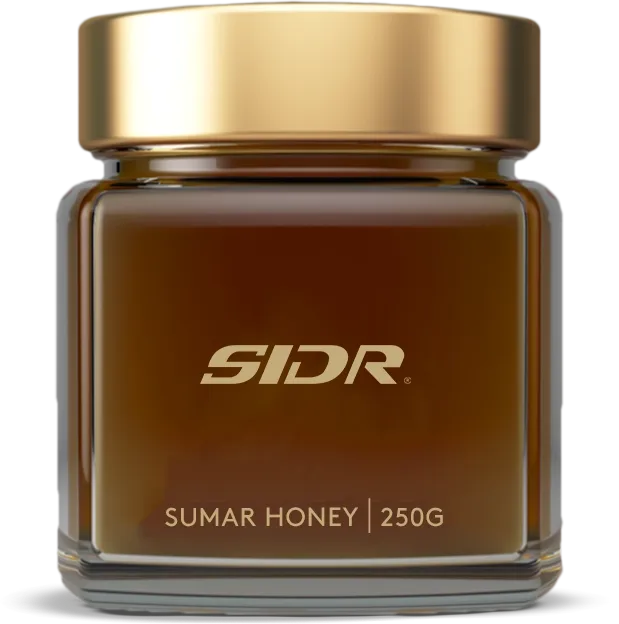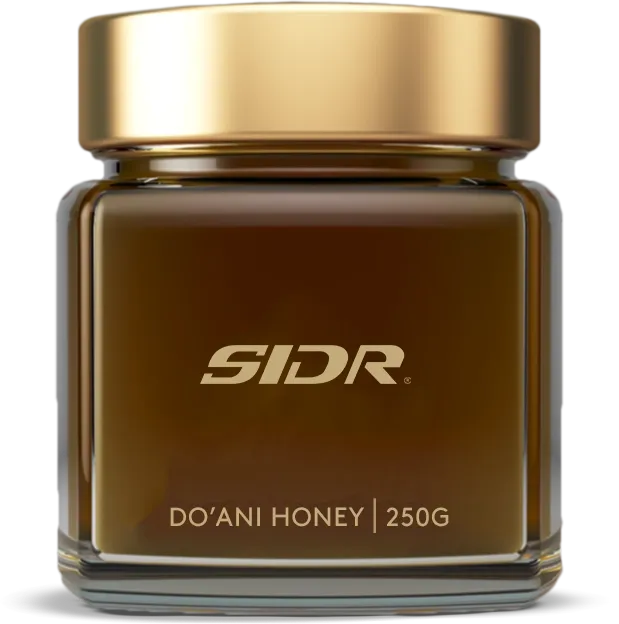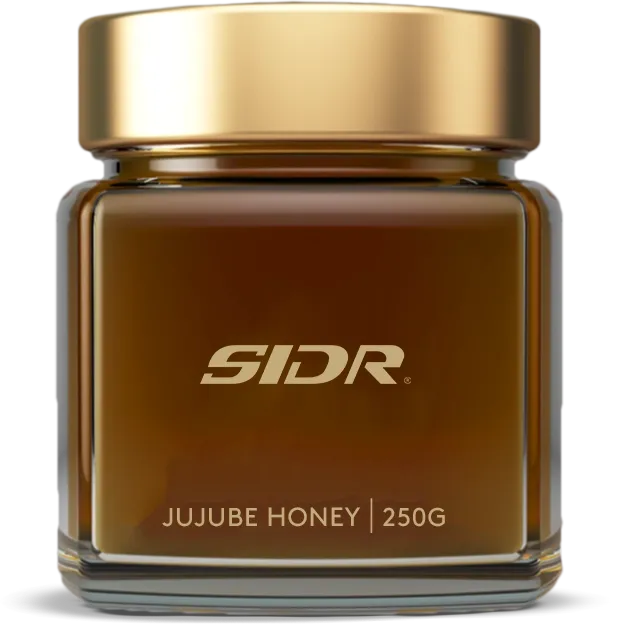Can infants have honey nut cheerios?
Views: 3503Most parents know they should never give honey to their babies, since honey can cause a dangerous type of food poisoning known as infant botulism.
Raw honey-flavored snacks, such as General Mills' Honey Nut Cheerios, may seem less threatening than a spoonful of raw honey, but even processed snacks pose a danger that many parents don't realize.
Infants should not eat Honey Nut Cheerios, advises the Colorado Department of Public Health and Environment.
Raw Honey and Infant Botulism
Raw honey sometimes contains botulism spores. Although these spores don't affect kids or adults, they can seriously hurt young babies.
After an infant ingests the honey, the botulism spores start reproducing inside his digestive system, creating a toxin that affects the muscles, explains the Kids Health.
When the toxin spreads throughout the body, it can cause flaccid paralysis and hinder autonomic functions. This means it weakens the baby's muscles, eventually slowing or stopping the body's involuntary actions, such as breathing.
Because the toxin affects all the baby's muscles, the baby has trouble eating because he can only suck weakly and cannot swallow effectively.
The toxin hinders digestion and excretion, leading to severe constipation. Eventually, because the toxin hinders the baby's breathing, it can lead to respiratory arrest and even death.
Age and Infant Botulism
Raw honey endangers infants because their immune systems cannot yet protect them from the otherwise harmless botulism spores, notes the Kids Health.
Additionally, a baby's small size means even a minute amount of the toxin could have a powerful effect. Once the baby grows and develops further, the strains of botulism found in honey no longer pose a threat.
The Kids Health says you can give raw honey products to your baby after he turns 1 year old.
Processed Raw Honey in Snacks
Although raw honey poses the biggest danger, even honey-flavored snacks can contain botulism, found a study published in the journal "Pharmacotherapy" in 2002.
The Colorado Department of Public Health specifically warns against giving Honey Nut Cheerios to infants and babies less than 1 year old. Some people wrongly assume that cooking or processing honey kills all potential germs.
Unfortunately, even in processed and cooked snacks, the honey "may not be pasteurized and therefore may still contain botulism spores," the department explains.
If Your Infant Ate Honey Nut Cheerios
If you already fed Honey Nut Cheerios to your infant, don't panic; raw honey causes fewer than 20 cases of infant botulism every year, reports the Kids Health.
Nevertheless, you must carefully observe your baby for any signs of botulism.
Despite botulism's rarity, it poses serious dangers. Watch for unusual behaviors such as lethargy, unresponsiveness and weak crying.
Additionally, keep a look out for physical signs, such as drooping eyelids, unusually excessive drooling, floppy limbs, weak suckling and especially constipation.
If you notice any signs of infant botulism, call a doctor immediately and explain the situation.
Disclaimer
You should always consult with your physician or other health care professional before taking any nutritional, herbal remedies or adopting any health advice, whether offered on the Site or otherwise.
you may also try
didn’t get the answer you were looking for?
contact us


